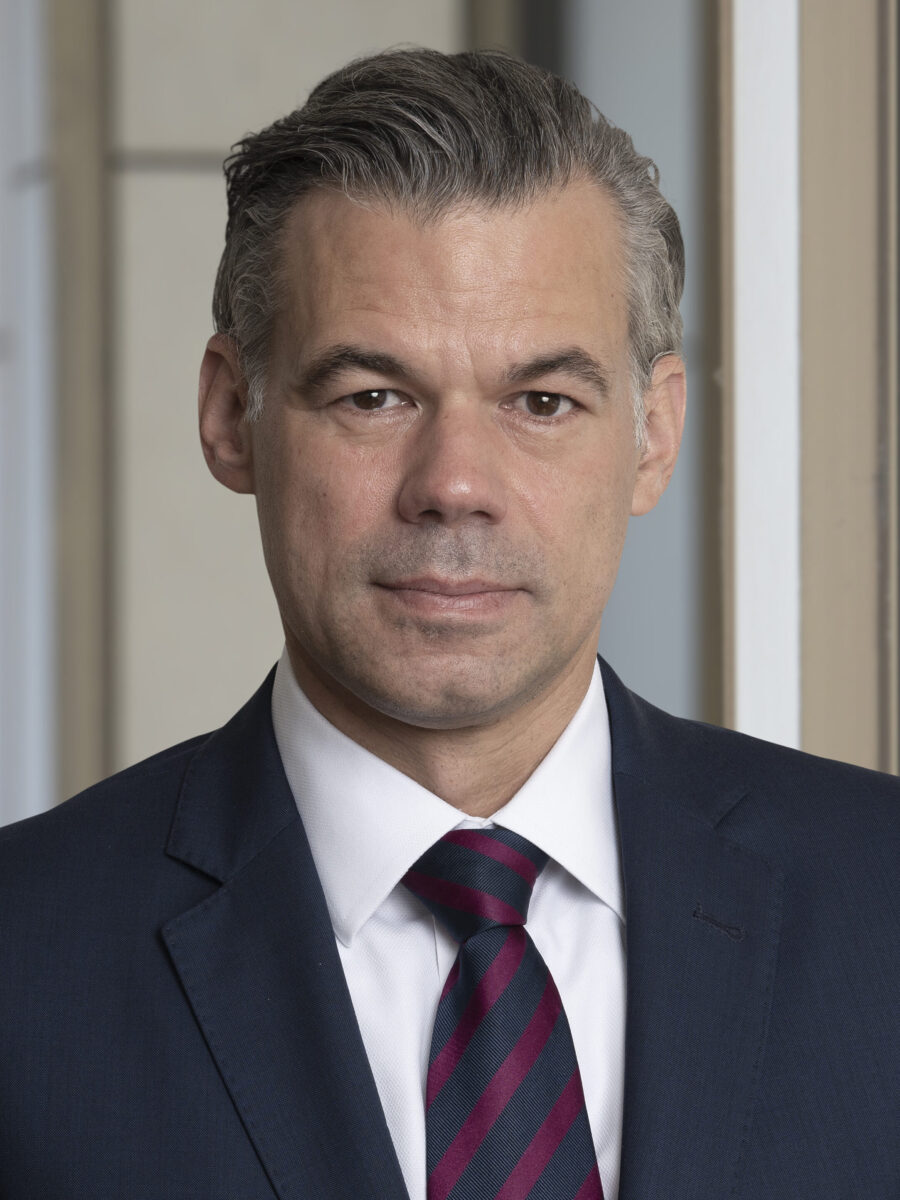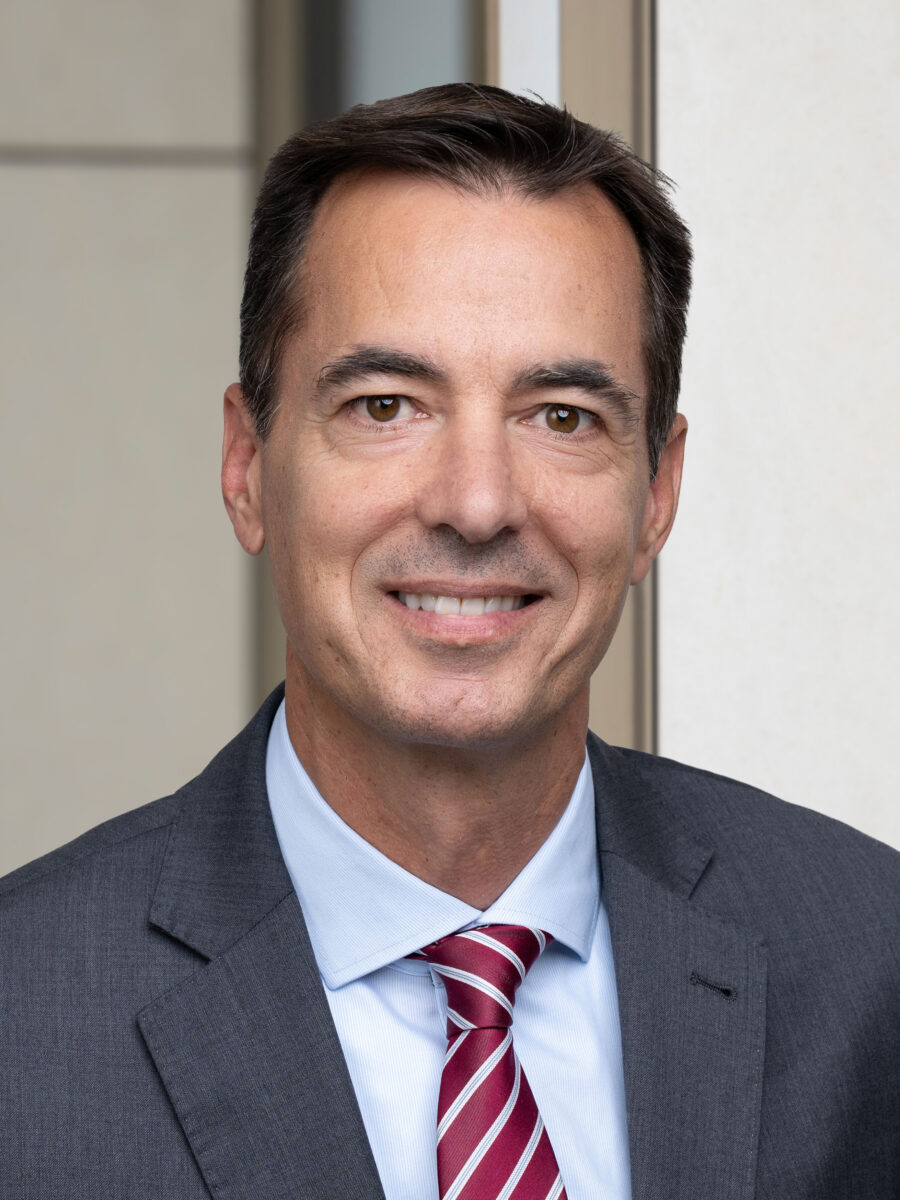Investment Strategy
The Berenberg Sustainable Stiftung fund is a sustainable and distribution-orientated multi-asset fund that takes foundation-specific aspects into account at limited risk. The objective of the defensively oriented portfolio is to exploit opportunities and generate earnings potential in order to ensure long-term real capital preservation and the generation of steady returns. This especially includes the active management of investment ratios, the capital commitment period as well as regional and sectoral allocation. Due to the focus on the inclusion of Berenberg’s sustainability criteria in the selection process, the strategy is especially suitable for investors with social commitments or high moral and ethical standards.
- Sustainable multi-asset solution with distribution focus
- Active management within fixed ranges per asset class
- Active positioning against a mixed market benchmark
- Maximum equity allocation of 35%
- The investment universe comprises mainly single securities
Learn more about our Berenberg Multi Asset investment philosophy
Further details on the opportunities and risks of this fund can be found in the sales prospectus.
Indexed performance
Performance in 12-month periods
Currencies
Asset classes
Top Holdings
Equities - Sectors
Equities - Countries
Bonds - Sectors
Bonds - Countries
Monthly market comment
February continued to be dominated by the new political leadership in the US, with the announcement and implementation of new tariffs and the "DOGE" savings measures. US economic and consumer confidence deteriorated, while scepticism towards AI stocks continued to weigh on markets. The S&P 500 closed the month down 1.30%, while the Nasdaq fell 3.91%. In contrast, European equity markets continued to outperform their US counterparts. The Stoxx Europe 50 rose by 3.57%, boosted by growing optimism about a possible peace settlement in Ukraine and the positive impact of the German general elections. The yield on 10-year US Treasuries fell by more than 33 basis points (bp) over the month, while 10-year German government bonds fell by only around 5 bp. At the same time, risk premiums on European investment grade bonds widened by around 2 bp. The continued decline in US yields led to a further depreciation of the US dollar against the G10 currencies. Gold prices continued to rise in February, ending the month with a gain of around 2%.
Portfolio Management

Oliver Brunner
Oliver Brunner, CIIA, heads the portfolio management department (core strategies) at Berenberg. He has been working in private asset management since 2007. In addition to overall responsibility for the core strategies and 1590 fund family, the graduate industrial engineer manages large special mandates for foundations, church institutions and private clients with special requirements. He completed his studies at the end of the 1990s at the Technical University of Karlsruhe; in 2006 he passed the part-time examination to become a Certified International Investment Analyst (CIIA). From 2000 to 2007, he was portfolio manager and equity analyst at Baden-Württembergische Bank AG in Stuttgart.

Christian Saalfrank
Christian Saalfrank has been with Berenberg since May 2023. As co-fund manager of the Berenberg Sustainable Foundation mutual fund, he is responsible for sustainable and high-dividend strategies in the Multi Asset Income & ESG division in Frankfurt. He has many years of experience and particular expertise in the management of large special funds for savings banks, companies and municipalities. After completing a banking apprenticeship at Stadtsparkasse Nürnberg, he studied business administration at the University of Erlangen-Nuremberg in the mid-1990s. After graduating, he began his career as a junior fund manager at SEB Invest. In 2001, he passed the part-time Certified European Investment Analyst (CEFA) exam. From 2001 to 2021, he worked as a Senior Fund Manager Multi Asset/Equities for institutional clients at Helaba Invest. Most recently, he worked as Head of Equities at LeanVal Asset Management AG.
Consideration of ESG Elements
Identifying companies and business models that will be successful in the long term is the basis for good investment decisions. Environmental, Social and Governance (ESG) factors are key factors in decision making and are therefore integral
components of the investment process.
CO₂-Intensity
The fund does not actively manage its carbon footprint, however, emissions data such as CO2 intensity are relevant parameters which can be used to assess the efficient management of a company and the extent of transition risks.
ESG Score
The data provider MSCI ESG uses an ESG score of 0 to 10 to assess the management of material ESG risks of portfolio holdings compared to competitors.
ESG Controversies Screen
Investments in the fund are monitored for ESG controversies and, with the help of MSCI ESG data, flagged according their severity. Thereby, potential ESG risks of investments are identified. In the case of an orange flag (severe controversy), we enter into an active exchange with the company. In the case of a red flag (very severe controversy), the company is excluded.


